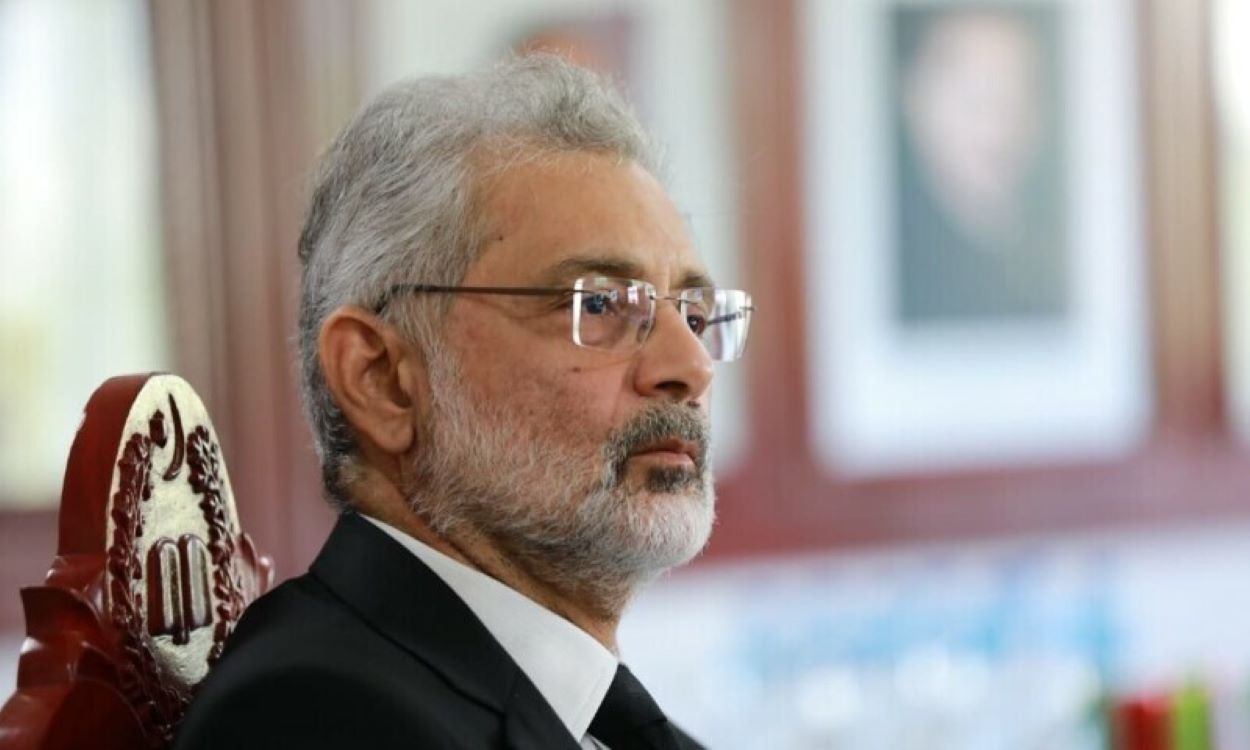Despite hints at forming a full court for a case alleging security interference in judicial matters, a three-judge committee under the Supreme Court Practice and Procedure Act 2023 has established a six-member larger bench to proceed. The case began after six Islamabad High Court judges sent a notable letter to the Supreme Judicial Council (SJC).
The letter, dated March 25 and signed by Justices Mohsin Akhtar Kayani, Tariq Mehmood Jahangiri, Babar Sattar, Sardar Ejaz Ishaq Khan, Arbab Muhammad Tahir, and Saman Rafat Imtiaz, went to the Chief Justice of Pakistan, SC’s Justices Mansoor Ali Shah, and Munib Akhtar, and the chief justices of the IHC and Peshawar High Court.
On Thursday, the Supreme Court listed that the new six-member bench, led by Chief Justice Qazi Faez Isa, will consider the suo motu case on April 30. The bench includes Justices Syed Mansoor Ali Shah, Jamal Khan Mandokhail, Athar Minallah, Musarrat Hilali, Naeem Akhtar Afghan, and newly added Justice Yahya Afridi.
On April 3, a seven-member bench initially addressed the matter, but Justice Yahya Afridi later withdrew. The current roster continues with these six justices.
The roster, issued in Karachi by SC Registrar Jazeela Aslam, follows the committee’s order. It includes CJP Isa, Justice Syed Mansoor Ali Shah, and Justice Munib Akhtar. The process behind forming the larger bench remains unclear.
The initial April 3 listing hinted at a potential full court, noted by Justice Minallah in a separate note. However, lawyers supporting the IHC judges have expressed disappointment over not forming a full court, urging the committee to reconsider.
Chief Justice Isa has stated there was no executive interference during his tenure, contrary to PTI leaders’ claims of judicial manipulation in cases against Imran Khan. These tensions echo previous political convictions and raise questions about due process in recent trials.
As the larger bench prepares to make key decisions, especially protecting the IHC judges, the backdrop includes possible governmental judicial reforms through constitutional amendments. The outcomes will critically impact the future of judicial independence in Pakistan.






